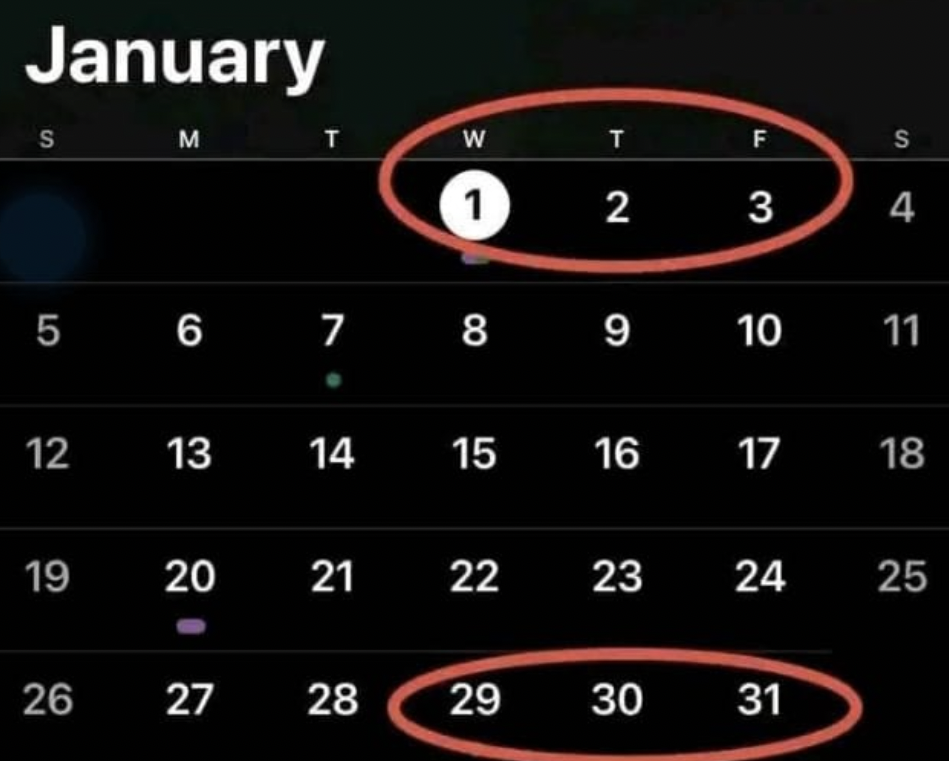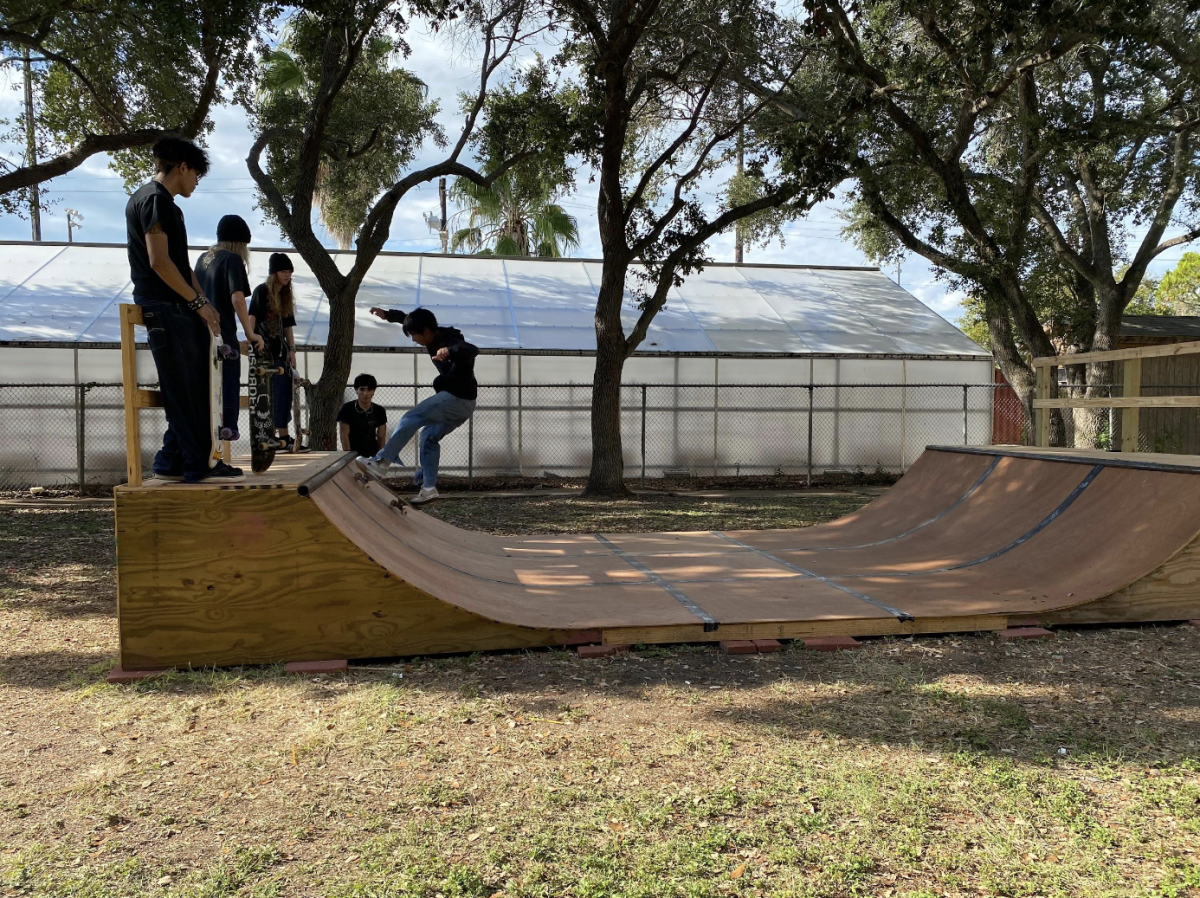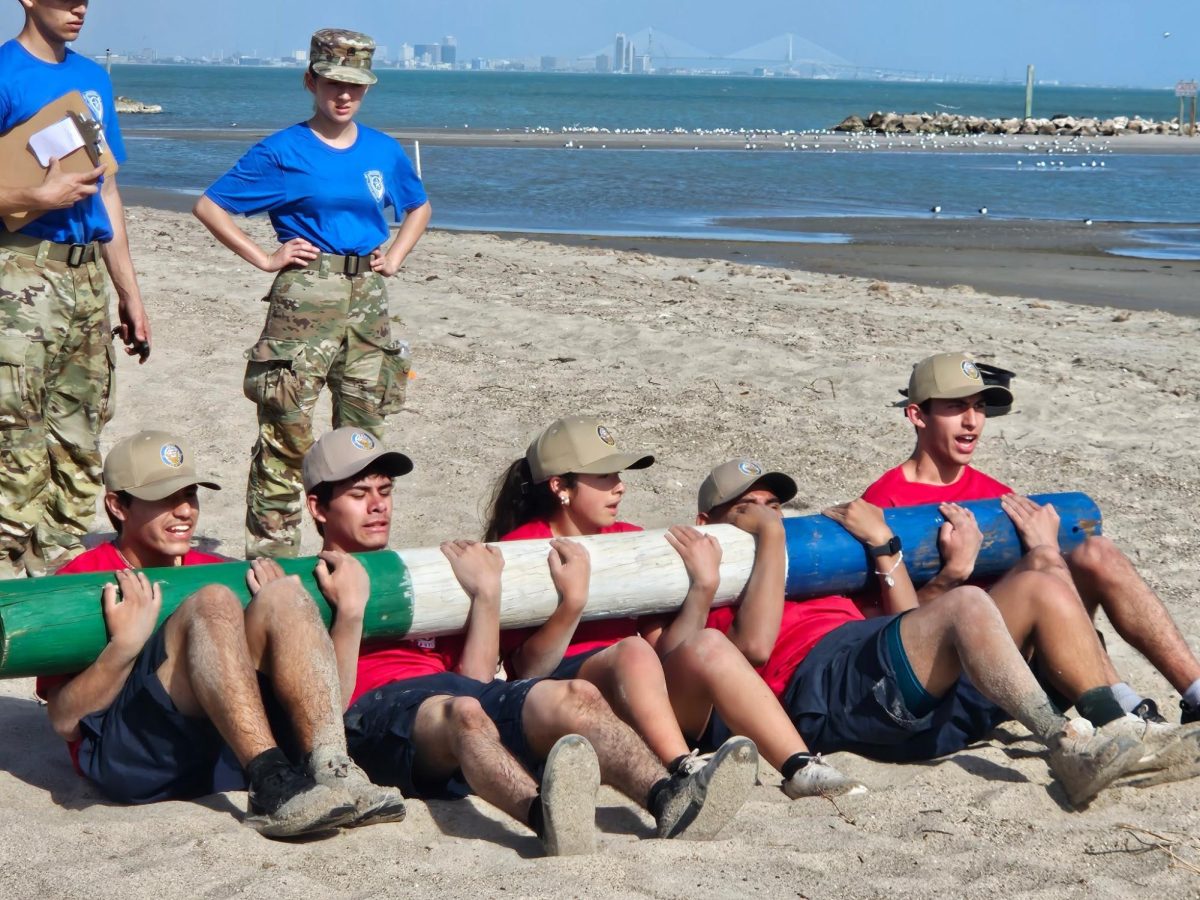
Recently in our IB History of the Americas class, periods 4 and 7 played an interesting game called the Japan Game. It might not sound super exciting, but believe me when I tell you it’s one of the most interesting experiences of you life.
Essentially what you’re doing is Live Action Role-Playing (LARPing) real historical figures in Japanese history, and you are required to make decisions based off a booklet you are handed at the beginning of the game.
You must act according to how your character would while you are in character, which includes class time and any in-character interactions you may have outside of class. The rest of the time, you are required to speak about the game as if you were observing it, which definitely helps provide another layer.
The purpose of this is to help separate you from your character to ensure you act as they would. Students were required to listen to the Japanese National Anthem before donning their name tags, which signified that the game was afoot, and you were no longer yourself, rather you were your Japanese (or the occasional American/Nazi) counterpart.
The game went fairly well for most people, but for some, it went very differently. There was espionage, assassinations, government collapses, as well as the occasional tea party with snacks. It was overall an amazing experience, and it accomplishes two things:
- The game shows you the state of Japan during 1941, showing you the situations Japanese officials were faced with when they were in the early stages of engaging in World War II, as well as when they were making the decision to attack Pearl Harbor.
- It also teaches you that history is never one sided. By forcing you to literally be in someone else’s shoes, you get the unique experience of seeing the situation from two points of view: your own before the game, and your character’s head during the game
After the game, you draw your own conclusions about Japan during 1941. There’s a surprising amount of history that is not presented in most American history curriculum, mainly because it isn’t required to be taught, but also because Americans tend to color history in their favor.
The value found in this assignment is that by playing a game that forces you to think about the situation from the Japanese perspective, you are forced to consider different perspectives and acknowledge that the truth you thought you knew may just be a shadow after all.













